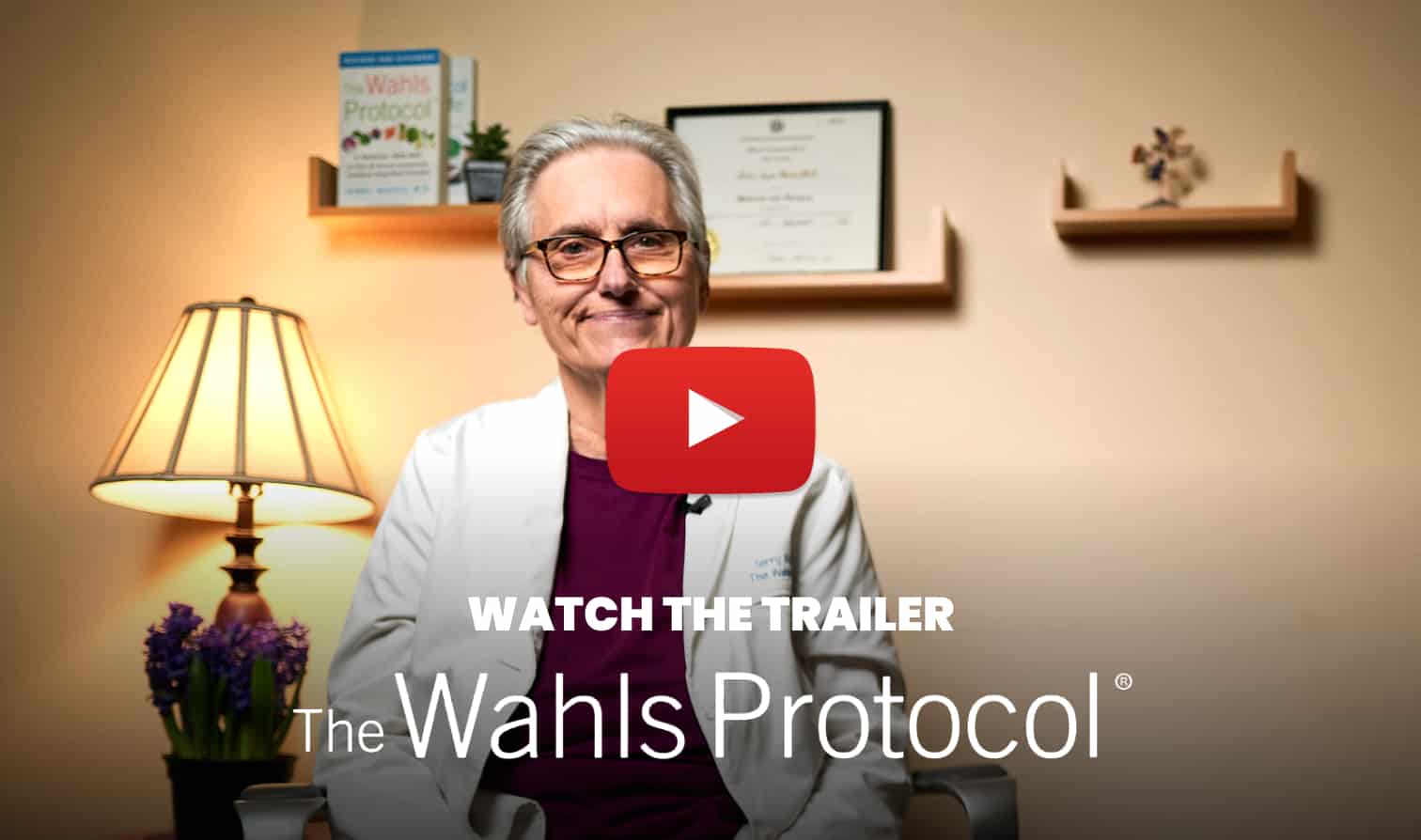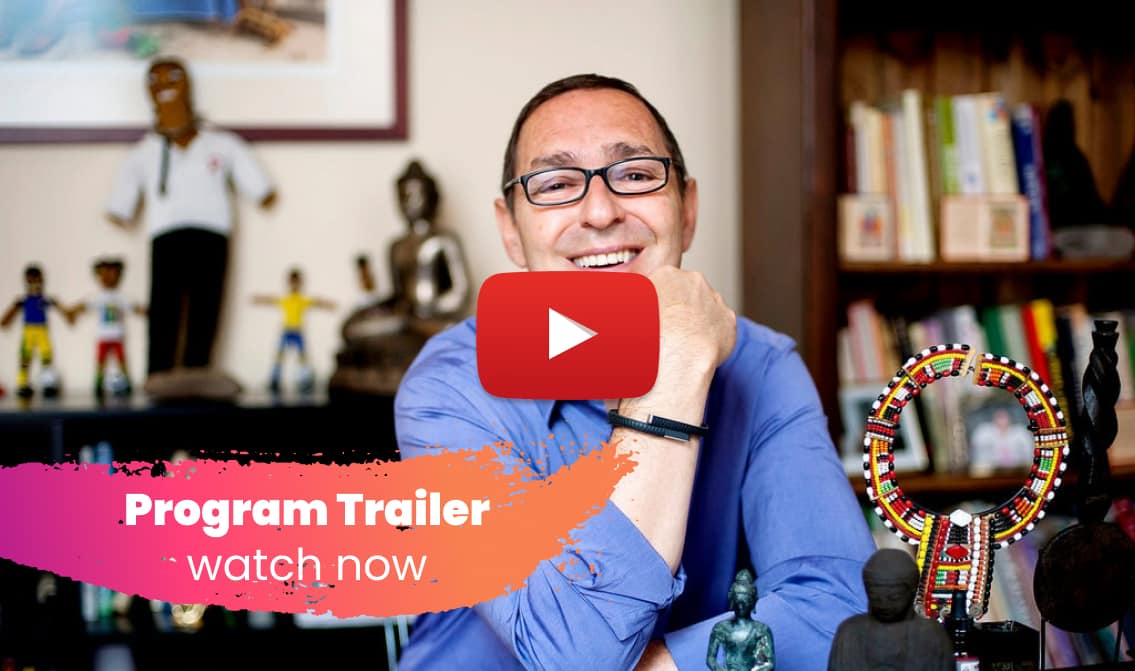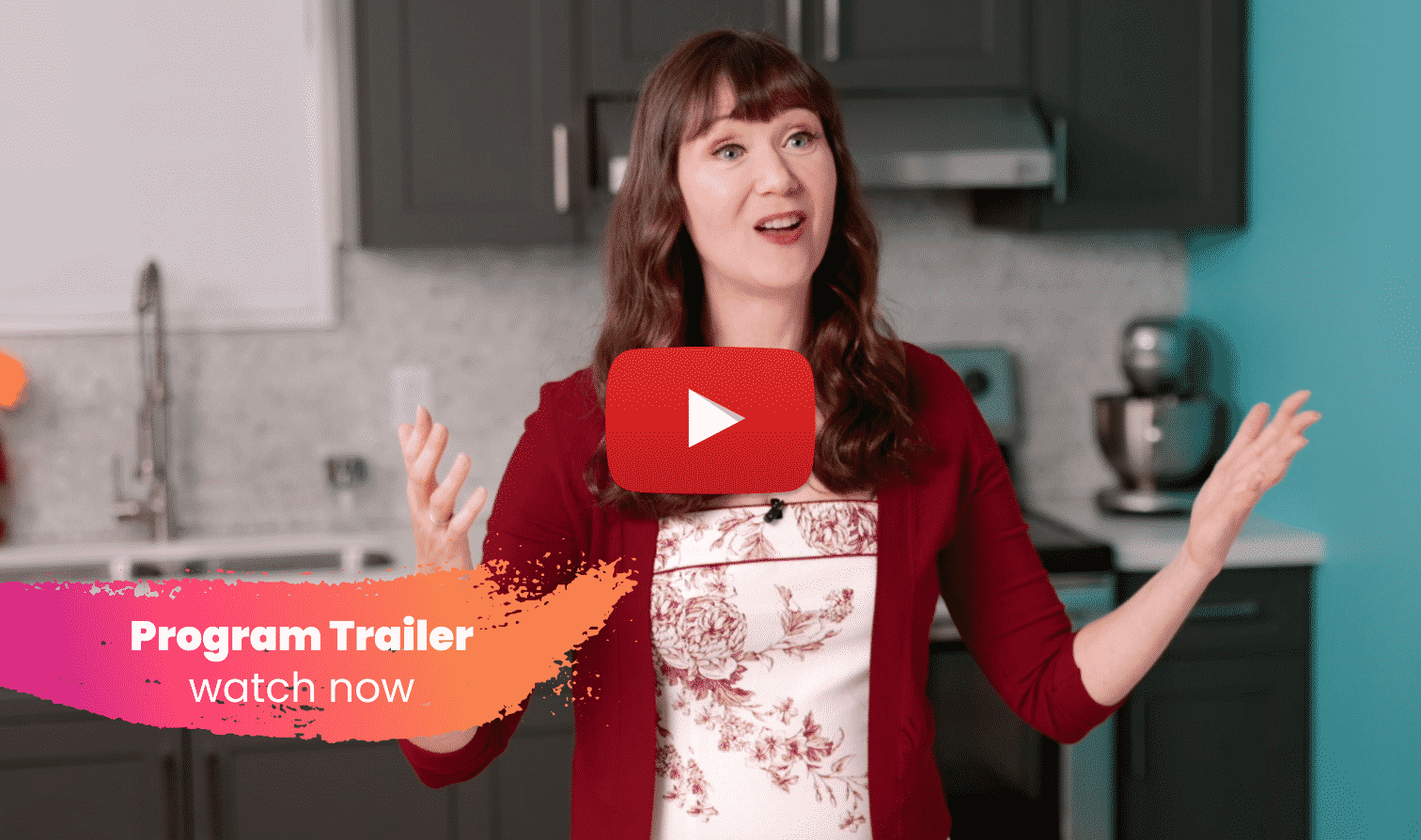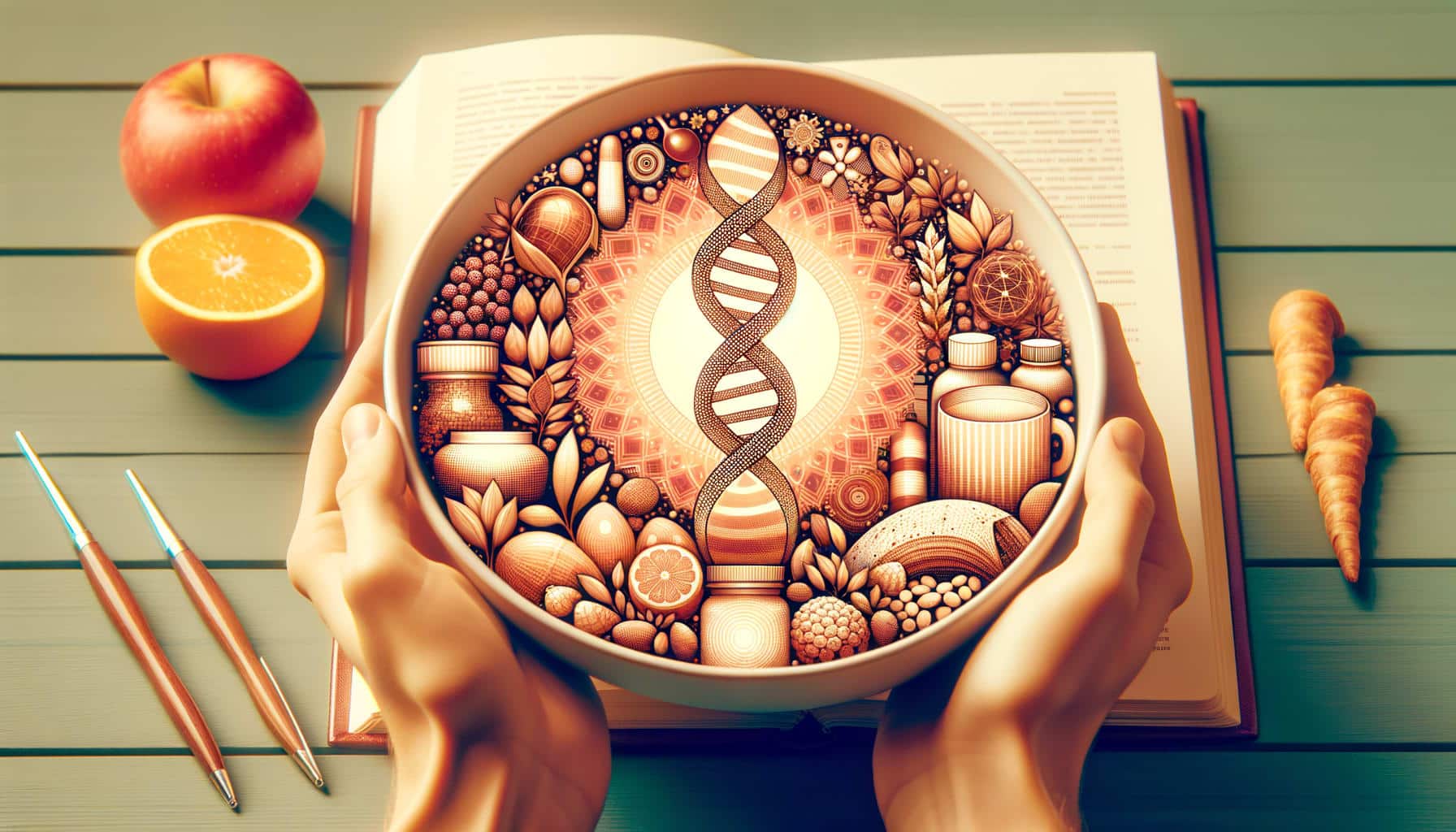Skip ahead to:
An Overview of Memory Rescue
Who it’s for…
Imagine a life where your memories are vivid and your thoughts clear. Memory Rescue opens its pages to those who fear losing their mental edge, to individuals facing the challenges of brain disorders, and to the proactive souls aiming to fortify their cognitive future.Face Cognitive Challenges Head-On
Memory slips, brain fog, and the specter of dementia are the unwelcome companions of many. Memory Rescue confronts these conditions with a plan to reverse and prevent the symptoms that threaten our mental vitality.It’s a Lifestyle
Memory Rescue is about more than just improving memory, it’s a commitment to a lifestyle that nurtures your brain’s well-being, aiming for a future where every day is clear and bright.Daniel Amen’s Pledge to Readers
Through Memory Rescue, Daniel Amen extends a hand to guide you on a transformative journey. He promises a scientifically-backed path to not just better memory, but a healthier, more vibrant brain that stands the test of time.Central Themes of Brain Empowerment
Memory Rescue revolves around the BRIGHT MINDS acronym, a mnemonic that encapsulates the core factors affecting brain health. Each letter represents a key area to address, from Blood flow to Retirement and aging, illustrating a holistic approach to cognitive care.Key Takeaways
Daniel Amen emphasizes that brain health is within reach. By identifying risk factors, adopting a brain-healthy diet, and engaging in regular mental and physical exercise, Memory Rescue equips readers with the tools to protect and enhance their cognitive function. The message is clear: take action now for a future where your memories remain yours to cherish.Top 15 Habits in Memory Rescue
Embarking on a journey to enhance brain health requires adopting specific lifestyle habits. These habits, grounded in the research and recommendations of Memory Rescue, are designed to address common cognitive difficulties and health conditions, paving the way for improved memory, focus, and overall brain function.- Nutritious Diet
Consuming brain-healthy foods rich in omega-3 fatty acids, antioxidants, and vitamins supports cognitive function and reduces the risk of brain diseases. For example, incorporating fatty fish, berries, and leafy greens can enhance memory and slow cognitive decline. - Regular Exercise
Physical activity increases blood flow to the brain, which is crucial for maintaining cognitive health. Regular exercise, such as brisk walking or cycling, can help prevent Alzheimer’s and improve mental sharpness. - Adequate Sleep
Quality sleep is vital for memory consolidation and clearing brain toxins. Establishing a regular sleep schedule and creating a restful environment can combat insomnia and protect against memory loss. - Mental Stimulation
Engaging in activities that challenge the brain, like puzzles, learning a new language, or playing a musical instrument, can create new neural pathways and enhance cognitive reserve. - Stress Reduction
Chronic stress can damage the brain over time. Techniques such as meditation, deep breathing, and yoga can reduce the harmful effects of stress and improve emotional well-being. - Social Engagement
Staying socially active encourages brain health through conversation and connection, which can ward off depression and cognitive decline. - Brain Protection
Preventing head injuries by wearing helmets and seat belts is essential for maintaining brain integrity and function. - Avoiding Toxins
Limiting exposure to toxins like tobacco, excessive alcohol, and environmental pollutants can prevent damage to brain cells and cognitive impairment. - Controlled Blood Pressure
High blood pressure can lead to cognitive decline. Managing blood pressure through diet, exercise, and medication can preserve brain health. - Optimized Blood Sugar
Keeping blood sugar levels in check can prevent diabetes-related cognitive issues. A diet low in refined sugars and regular monitoring can help maintain optimal brain function. - Weight Management
Maintaining a healthy weight reduces the risk of cognitive decline and diseases such as Alzheimer’s. A balanced diet and regular exercise are key to achieving this goal. - Adequate Hydration
Proper hydration is crucial for cognitive function and detoxification. Drinking sufficient water throughout the day can improve focus and prevent brain fog. - Regular Check-ups
Routine health screenings can detect and address issues like thyroid problems or vitamin deficiencies that may affect brain health. - Supplement Wisely
Taking supplements such as vitamin D, B vitamins, and fish oil can support brain health, especially when dietary intake is insufficient. - Positive Thinking
Cultivating a positive mindset can improve brain function and resilience. Practices like gratitude journaling and affirmations can enhance mental health and outlook.
Run a Nutrition Challenge on MasterHealth
High Protein, Eat Veggies, Time Restricted Eating, and more…
Learn More
Memory Rescue Supplement List
- Omega-3 Fatty Acids
These are essential for brain health as they form cell membranes around neurons, improving their ability to communicate. Daniel Amen recommends them for their anti-inflammatory properties and their role in brain cell regeneration, which can be particularly beneficial in preventing and treating cognitive decline. - Vitamin D
This vitamin is crucial for brain health because it helps regulate neurotransmitter synthesis and nerve growth. Amen suggests that vitamin D deficiency has been linked to an increased risk of cognitive decline, making supplementation important for those not getting enough from sunlight or food. - B Vitamins
B6, B12, and folic acid are important for reducing homocysteine, an amino acid that at high levels can contribute to the development of dementia and Alzheimer’s disease. Amen points to studies showing that B vitamin supplementation can slow the atrophy of specific brain regions that are a key component of the Alzheimer’s process and are associated with cognitive decline. - Magnesium
Magnesium is involved in over 300 enzymatic reactions in the body, many of which contribute to proper brain function. Amen emphasizes its role in nerve transmission and the prevention of excitotoxicity, which can damage or kill brain cells. - Antioxidants (Vitamins C and E)
These combat oxidative stress, which can damage brain cells. Amen notes that antioxidants can cross the blood-brain barrier and potentially protect against the damage that leads to cognitive decline. - Curcumin
This compound from turmeric has potent anti-inflammatory and antioxidant properties. Amen cites research indicating that curcumin can help clear the amyloid plaques associated with Alzheimer’s disease and has been shown to improve memory and mood in clinical studies. - Ginkgo Biloba
Known for its ability to improve blood flow to the brain, ginkgo biloba is recommended by Amen for its potential to enhance cognitive function, especially in individuals with dementia or Alzheimer’s. - Huperzine A
This natural compound acts as an acetylcholinesterase inhibitor, which means it helps prevent the breakdown of acetylcholine—a neurotransmitter important for learning and memory. Amen suggests that huperzine A can be beneficial for improving memory in those with cognitive impairments. - Phosphatidylserine
This phospholipid is essential for the fluidity and integrity of cell membranes, and Amen recommends it for its role in supporting cognitive functions like memory and concentration. - Acetyl-L-Carnitine
This amino acid is involved in energy production and may help reduce age-related mental decline. Amen believes that acetyl-L-carnitine can be particularly helpful for older adults with mild cognitive impairment or Alzheimer’s disease.
10 Products Daniel Amen Recommends in Memory Rescue
As we transition from the realm of dietary supplements to other beneficial products, it’s important to consider the various tools and items that can complement the Memory Rescue plan. Daniel Amen not only emphasizes the importance of nutrition and lifestyle changes but also recognizes the value of certain products that can support brain health and enhance the effectiveness of his recommendations.- Brain-Training Software
Programs designed to improve cognitive functions can be an effective way to keep the brain engaged and challenged. Amen advocates for the use of brain-training software as a means to enhance memory, attention, and problem-solving skills, which can help fortify the brain against age-related decline. - Sleep Aids (view products)
Quality sleep is essential for brain health. Amen recommends products that promote a restful sleep environment, like white noise machines to drown out disruptive sounds and blackout curtains to eliminate light pollution, thereby improving sleep quality and cognitive function. - Meditation Apps
Stress reduction is key to maintaining brain health. Amen suggests the use of meditation apps that guide users through stress-relieving practices, which can lower blood pressure, reduce anxiety, and support overall brain health. - Air Purifiers (view products)
Reducing exposure to environmental toxins is crucial for brain health. Amen endorses the use of air purifiers to remove pollutants and allergens from the home environment, which can help prevent neuroinflammation and cognitive decline. - Ergonomic Furniture
Proper posture and comfort can affect cognitive function. Amen recommends ergonomic furniture, such as chairs and desks, to reduce physical strain and enhance blood flow, which is beneficial for maintaining focus and preventing brain fatigue. - Blue Light Blocking Glasses
Prolonged exposure to blue light from screens can disrupt sleep patterns. Amen advises the use of blue light blocking glasses to protect the eyes and improve sleep quality, which is essential for brain regeneration and memory consolidation. - Water Filters (view products)
Hydration is important for brain function. Amen promotes the use of water filters to ensure clean, toxin-free water for drinking, which supports cellular health and cognitive function. - Non-toxic Cleaning Products (view products)
Limiting chemical exposure in the home can benefit brain health. Amen suggests the use of non-toxic cleaning products to reduce the risk of neurotoxicity from common household chemicals. - Journals (view products)
Writing can be a therapeutic activity that supports brain health. Amen recommends journaling as a way to manage stress, enhance memory, and improve mood, which can all contribute to better cognitive function. - Cookware (view products)
Using safe cookware is important to avoid ingesting neurotoxic chemicals. Amen endorses the use of non-toxic cookware, such as ceramic or stainless steel, to prevent the leaching of harmful substances into food during cooking.
Memory Rescue Food List: 6 Most Important Foods
In Memory Rescue, Daniel Amen emphasizes the importance of a brain-healthy diet as a cornerstone for improving cognitive function and overall mental health. The following list of foods is recommended for their specific benefits to brain health, each backed by scientific evidence that aligns with the goals of enhancing memory, mood, and cognitive function.- Wild-caught fish
These fish are rich in omega-3 fatty acids, specifically DHA, which is crucial for maintaining the health of brain cell membranes and has been associated with a lower risk of cognitive decline and Alzheimer’s disease. - Leafy greens
High in vitamins E and K, folate, and beta-carotene, leafy greens are linked to slower cognitive decline due to their antioxidant and anti-inflammatory properties that protect brain cells from damage. - Berries
Berries are packed with flavonoids, which have been shown to improve memory and cognitive function by enhancing communication between brain cells and reducing inflammation and oxidative stress in the brain. - Nuts and seeds
These are another good source of omega-3 fatty acids and vitamin E, which support brain health by protecting neurons from oxidative stress and supporting neural plasticity. - Avocados
High in monounsaturated fats, avocados support overall brain health by promoting healthy blood flow to the brain, which is essential for maintaining cognitive function and preventing cognitive decline. - Dark chocolate
Rich in flavonoids, caffeine, and antioxidants, dark chocolate has been found to enhance cognitive function, focus, and mood by increasing blood flow to the brain and providing neuroprotective effects.
Is Memory Rescue a Diet Book?
Many approach Daniel Amen’s Memory Rescue with the misconception that it’s just another diet book, aimed solely at weight loss. However, Daniel Amen’s work transcends the typical diet narrative, focusing on the intricate connections between nutrition and brain health.Memory Rescue offers a comprehensive approach to cognitive well-being, emphasizing the importance of dietary choices in supporting mental clarity and memory function. It’s a guide that intertwines the science of food’s impact on the brain with practical steps to implement lasting change, not just a quick-fix diet plan.
Can Supplements Alone Boost Brain Health?
There’s a common belief that simply popping supplements can lead to a healthier brain, as suggested by some interpretations of Daniel Amen’s recommendations. Yet, Daniel Amen stresses that while supplements can play a role in supporting brain health, they are just one piece of a larger puzzle.Memory Rescue advocates for a holistic approach, where supplements complement a lifestyle rich in brain-healthy activities, such as exercise, meditation, and intellectual engagement. Daniel Amen’s philosophy is rooted in the synergy of multiple health practices working together.
Is Memory Rescue Only for the Elderly?
Daniel Amen’s Memory Rescue is often pigeonholed as a resource exclusively for those facing the twilight years. However, the truth is that Daniel Amen’s strategies are designed for individuals of all ages.The book serves as a proactive toolkit for preventing memory loss and enhancing brain function, providing valuable insights long before the signs of cognitive decline appear. Daniel Amen encourages readers to take charge of their brain health early, making Memory Rescue a relevant read for anyone invested in their long-term well-being.
Does Memory Rescue Require Drastic Life Changes?
The thought of overhauling one’s lifestyle can be daunting, leading some to believe that following Daniel Amen’s Memory Rescue is an all-or-nothing endeavor. In reality, Daniel Amen advocates for incremental changes that collectively make a significant impact.Memory Rescue guides readers through manageable adjustments that are sustainable and realistic, rather than advocating for radical, unsustainable shifts. Daniel Amen’s philosophy is about embracing a journey of small, consistent improvements.
Is Daniel Amen’s Advice Clinically Proven?
Skepticism often surrounds the scientific validity of health books, and Daniel Amen’s Memory Rescue is no exception. Critics and curious minds alike question whether Daniel Amen’s recommendations are backed by clinical research.Daniel Amen, a renowned psychiatrist and brain imaging expert, bases his approach on extensive clinical experience and scientific studies. Memory Rescue is a distillation of Daniel Amen’s clinical observations, bolstered by research that underscores the connection between lifestyle choices and brain health.
Books Similar to Memory Rescue
Brain Maker by Dr. David Perlmutter
Brain Maker delves into the powerful influence of gut bacteria on the brain, presenting the argument that a healthy gut leads to a healthy mind. Dr. David Perlmutter, a neurologist, explores the connection between intestinal microbes and conditions such as depression and autism. Similar to Memory Rescue, Brain Maker emphasizes the role of diet in brain health, advocating for a regimen rich in probiotics and other nutrients.Unlike Memory Rescue, which covers a broader spectrum of lifestyle changes, Brain Maker focuses more specifically on gut health as the gateway to improving neurological function.
Change Your Brain, Change Your Life by Dr. Daniel Amen
Another work by Dr. Daniel Amen, Change Your Brain, Change Your Life, shares a similar audience with Memory Rescue. This book also uses brain imaging research to demonstrate how brain health affects overall well-being. It offers practical advice on how to enhance brain function, reduce anxiety, and improve mood.While Memory Rescue is more focused on preventing memory loss, Change Your Brain, Change Your Life provides strategies for dealing with a broader range of psychological issues, making it a complementary read to Memory Rescue.
The End of Alzheimer’s by Dr. Dale Bredesen
The End of Alzheimer’s presents a groundbreaking approach to preventing and reversing Alzheimer’s disease. Dr. Dale Bredesen, an internationally recognized expert in neurodegenerative diseases, outlines the “Bredesen Protocol,” which addresses the disease through lifestyle modifications. Like Memory Rescue, this book emphasizes the importance of diet, exercise, and sleep in maintaining brain health.However, The End of Alzheimer’s is more narrowly focused on Alzheimer’s disease specifically, whereas Memory Rescue addresses overall brain health and memory improvement.
Grain Brain by Dr. David Perlmutter
Grain Brain explores the controversial idea that carbohydrates, especially those found in grains, can lead to neurological disorders. Dr. David Perlmutter, as in Brain Maker, examines the impact of diet on brain health, but with a particular emphasis on the detrimental effects of gluten and sugar. Similar to Memory Rescue, Grain Brain advocates for lifestyle changes to improve brain function.However, it differs in its strong stance against grains and its focus on the relationship between carbohydrates and chronic brain conditions.
The Brain’s Way of Healing by Norman Doidge, M.D.
The Brain’s Way of Healing showcases the brain’s ability to heal itself through the power of neuroplasticity. Norman Doidge, M.D., presents case studies and scientific research demonstrating how the brain can recover from injuries and illnesses through non-invasive therapies. Like Memory Rescue, it offers hope and practical solutions for brain health.However, it differs in its focus on recovery and rehabilitation from brain damage, rather than on prevention and maintenance of cognitive function.
About this book summary
This summary was prepared by our team at MasterHealth to the best of our knowledge. Please reach out to our team for any corrections to the content should you feel any of the information is not accurate.We work with many health & fitness professionals, who actively run group and community based programs on MasterHealth. Ask how we can help you build and amplify your business.
For health seekers, please ensure to ask your personal health care providers before making changes to your health habits and supplements; use of the information provided on this page and website does not constitute medical advice or similar professional health service advice.














